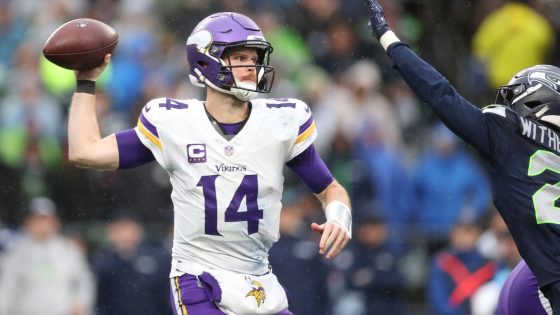On February 18, 2025, Alex Bregman made headlines after signing with the Red Sox, leaving the Detroit Tigers as one of the finalists in the bidding war. The Tigers had reportedly offered Bregman a six-year deal worth $171.5 million, but with some deferred payments. What does this mean for the Tigers and their future plans?
- Bregman signed with the Red Sox.
- Tigers offered six years, $171.5MM.
- Bregman countered with higher offers.
- Deferrals impacted AAV calculations.
- Tigers show willingness to spend.
- Future interest in Bregman possible.
What Led Alex Bregman to Choose the Red Sox Over the Tigers?
Why did Bregman turn down a substantial offer from the Tigers? Despite a tempting six-year deal, he sought a higher average annual value (AAV). His counter-offers reflected his desire for a more lucrative contract, which the Tigers weren’t prepared to meet.
Understanding the Financial Dynamics of Bregman’s Contract Offers
Bregman’s negotiations reveal the intricate balance between short-term gains and long-term security. His offers to the Tigers included:
- Counter-offer of $200 million over seven years.
- Alternative offer of $186 million over six years.
- Both offers excluded deferred payments.
- Detroit’s initial offer included $40 million in deferrals.
How Did the Tigers Approach Their Offer to Bregman?
The Tigers’ offer to Bregman was significant, indicating their intent to compete. However, the deferred payments reduced its appeal. This approach reflects a shift in the Tigers’ strategy under new management, aiming for more aggressive bidding while balancing financial commitments.
What’s Next for Bregman and the Tigers?
With Bregman now signed with the Red Sox, the Tigers must reassess their infield strategy. They have promising young players like Colt Keith and Spencer Torkelson vying for positions. Depending on their performance, the Tigers may revisit their interest in Bregman next offseason.
In conclusion, while Bregman’s choice may seem like a setback for the Tigers, it opens new avenues for both parties. The evolving landscape of MLB contracts will continue to shape team strategies and player decisions in the coming seasons.

































